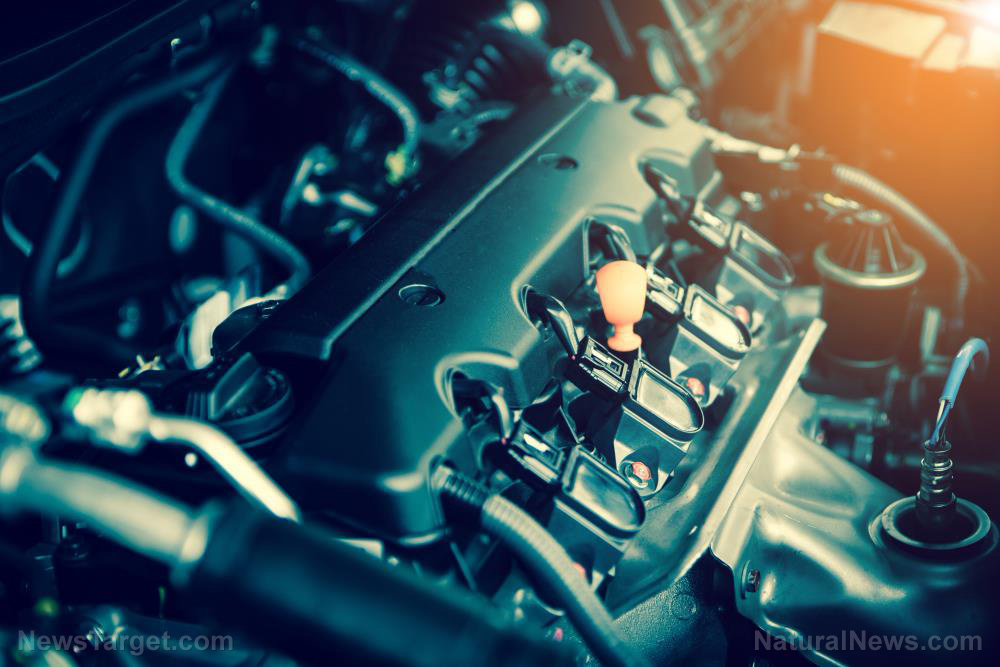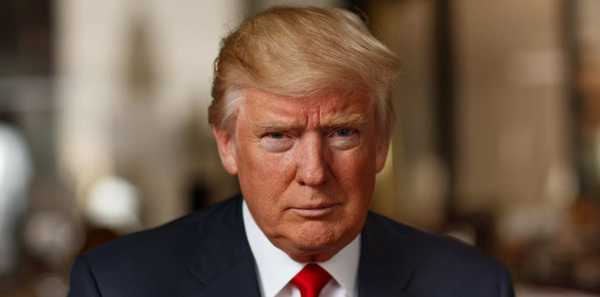 Parler
Parler Gab
Gab
- GM invests $888 million in its Tonawanda plant, the largest single investment in an engine facility, shifting focus from EV drive units to sixth-gen V-8 engines.
- The move safeguards 870 jobs, including 177 at-risk positions, while promising better fuel efficiency and lower emissions by 2027.
- GM reverses its EV strategy amid softening demand, prioritizing profitable trucks and SUVs over unproven electrification mandates.
- New York offers $16.96 million in tax credits to support the investment, preserving high-paying manufacturing jobs.
- The decision reflects an industry-wide pullback from EVs as consumer preference for gasoline vehicles remains strong.
A strategic retreat from EV overreach
GM’s decision to reinvest in internal combustion engines (ICE) comes as demand for EVs softens across the industry, exposing the folly of government-mandated electrification and corporate overreach. The company had previously pledged to transition to an all-electric future by 2035, but market realities, including sluggish sales and consumer reluctance, have forced a reckoning. "While we source parts globally, our guiding principle is to buy where we build," GM CEO Mary Barra said during a May 1 earnings call, signaling a renewed focus on American manufacturing. The Tonawanda investment underscores this shift, reinforcing GM’s commitment to its profitable truck and SUV lineup rather than chasing unproven EV mandates.Protecting American jobs and innovation
The Tonawanda plant, operational for 87 years, will continue producing fifth-generation V-8 engines while retooling for the next-generation models. New York Gov. Kathy Hochul’s office confirmed the investment will protect 870 jobs, including 177 that were previously at risk. In exchange, New York will provide up to $16.96 million in tax credits—a small price to pay for preserving high-paying manufacturing jobs in an era of economic uncertainty. "This new generation of engines is expected to deliver stronger performance than today’s engines while benefiting fuel economy and reducing emissions," GM stated, highlighting advancements in combustion and thermal management. The move ensures that GM’s full-size trucks and SUVs – including the Chevrolet Silverado, GMC Sierra, and Cadillac Escalade — remain competitive in a market where consumers still overwhelmingly prefer gasoline-powered vehicles. The announcement has drawn praise from Trump administration officials, who see it as further evidence that pro-growth policies and not heavy-handed subsidies drive real economic progress. White House Press Secretary Karoline Leavitt credited the "Trump Effect" for the investment, while Transportation Secretary Sean Duffy called it "another BIG win in @POTUS’ fight to bring back domestic manufacturing." Indeed, GM’s decision aligns with a broader trend of automakers reinvesting in U.S. production. Hyundai, Honda, and Mercedes-Benz have all announced major domestic expansions in recent months, signaling a resurgence in American manufacturing under policies that prioritize competitiveness over green ideology.The EV bubble bursts
GM’s retreat from its EV ambitions mirrors an industry-wide correction. In April, the company paused EV production at its Ingersoll, Ontario, plant due to weak demand. Meanwhile, U.S. EV sales fell 4.3% in April despite a 10% overall increase in auto sales in a clear sign that consumers are rejecting forced electrification. Republicans have seized on this reality, pushing to eliminate the $7,500 federal EV tax credit through the One Big Beautiful Bill Act. Analysts warn that ending the subsidy could further depress EV sales, but for GM, the writing is already on the wall. GM’s $888 million Tonawanda investment is more than just a financial commitment; it’s a rejection of the radical green agenda that has jeopardized American jobs and consumer choice. By doubling down on V-8 engines, GM is listening to its customers, protecting its workforce, and reaffirming the enduring appeal of American-made trucks and SUVs. Sources for this article include: TheEpochTimes.com USAToday.com Reuters.com FoxBusiness.comTrump rejects Paramount’s $15 million settlement offer in CBS News lawsuit
By Laura Harris // Share
U.S. to revoke visas of some Chinese students amid national security concerns
By Laura Harris // Share
AI’s job “bloodbath”: A CEO’s dire prediction for office work as we know it
By Willow Tohi // Share
Governments continue to obscure COVID-19 vaccine data amid rising concerns over excess deaths
By patricklewis // Share
Tech giant Microsoft backs EXTINCTION with its support of carbon capture programs
By ramontomeydw // Share
Germany to resume arms exports to Israel despite repeated ceasefire violations
By isabelle // Share










